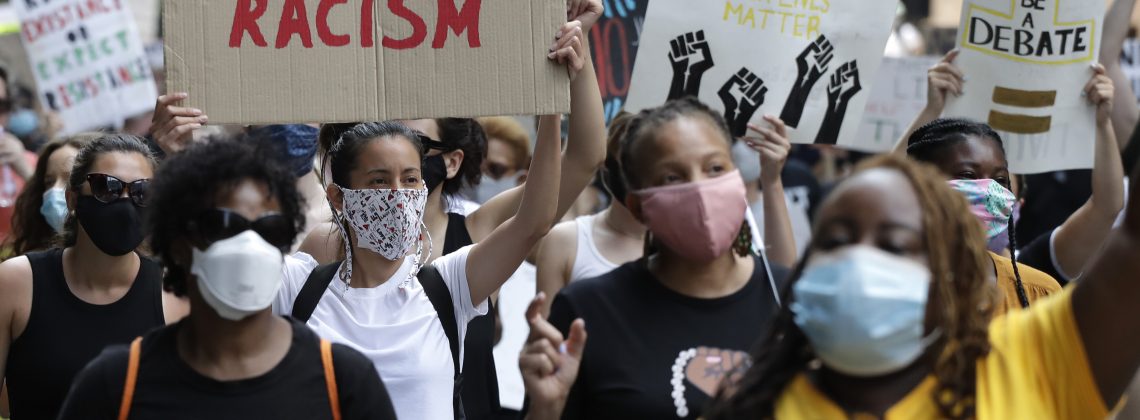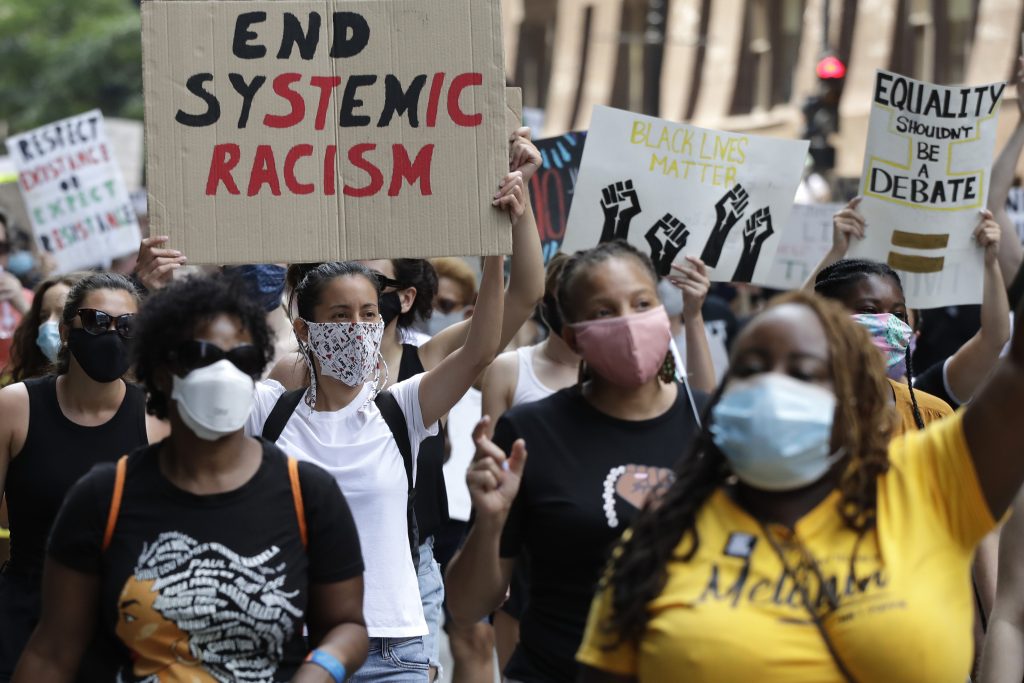

Christiane Calixte, a junior at Berkeley Carroll School in Brooklyn, writes: “the retaliation against CRT shows that parents have no idea what students are learning — and that their protests are less about education and more about a projection of their own biases and fears.” Her piece at The Washington Post is on the mark.
Here is a taste:
At my school, students are often permitted to participate in short workshops on current controversial topics. The one we did on CRT lasted 75 minutes. For students who wish to deepen their understanding of CRT, a semester-long elective — completely optional — is offered during senior year. Material on CRT is by no means replacing instruction in math, science or other core subjects in our curriculum.
When we discussed CRT in our short workshop, we were taught the basic premise of critical race theory — that the underlying cause of racism within our country is institutional oppression built into American government and law. This structural racism shows up in systems such as the electoral college, which allowed slaveholding states disproportionate representation, and the prison-industrial complex, which upholds forced labor to this day.
Yes, we discussed White privilege, the fact that because of systems planted hundreds of years ago, White-identifying people have been given unfair advantages over their non-White counterparts. But this discussion in no way resembled the chaos described by anti-CRT activists who argue that the concept of White privilege will lead to widespread resentment of White people.
Were we taught that all White people are nothing but racist bigots? No. Were we taught that all White people should feel guilty about events in the past they could not control? No. Were students taught to hate their White friends and teachers?
Absolutely not.
CRT does not promote the hatred of White people. Nor does the acknowledgment of White privilege.
All people, regardless of race, can work together to dismantle the systems used to oppress minorities. White people are even encouraged to use their privilege to do so.
In our discussion, CRT also wasn’t presented as absolute and unchangeable truth. Throughout the lesson, teachers emphasized that all students had the right to agree or disagree with the teachings.
Read the entire piece here.